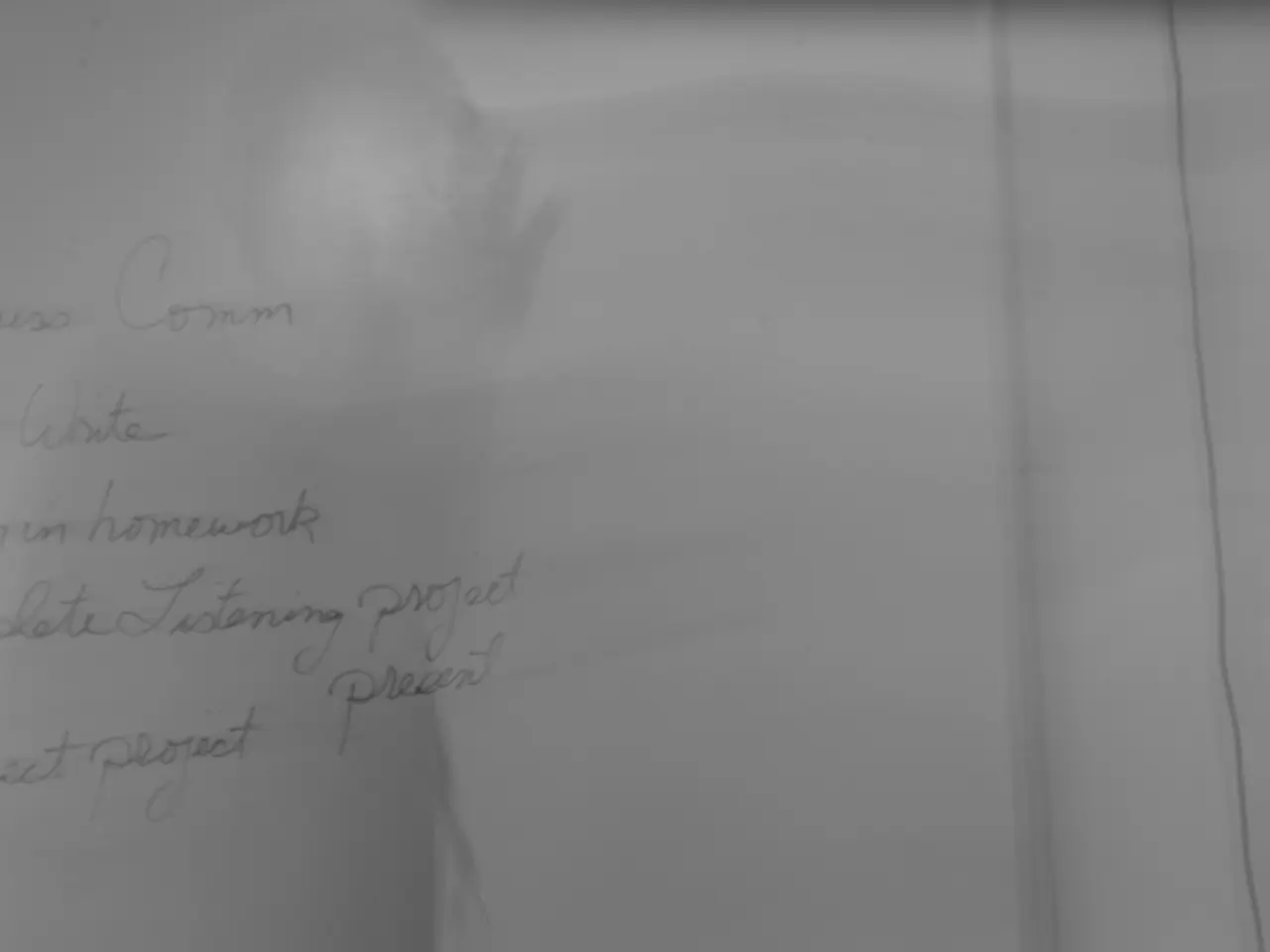Recently Purchased a New Item, Now Finding Fault with Everything Else at Home? You're Not the Only One - It's Known as the 'Diderot Effect', and This Is Its Explanation
In the heart of Central London, senior psychotherapist Daren Banarsë runs a private practice, registered with the British Association of Counselling and Psychotherapy. With a background as a university lecturer, Daren has honed his skills in helping individuals navigate their psychological landscapes.
One of the psychological phenomena Daren frequently encounters is the Diderot Effect, a fascinating yet insidious force that influences our desire to redecorate and contributes to cluttered spaces. Named after 18th-century philosopher Denis Diderot, who experienced it firsthand, the Diderot Effect triggers a psychological impulse where acquiring a new item makes existing belongings suddenly feel outdated or mismatched.
This spurs additional purchases and redecorating efforts to "harmonize" the space, often leading to an accumulation of unnecessary items and clutter. Daren explains that the Diderot effect activates three core psychological drives: the need for visual and emotional harmony, the connection of belongings to one's identity, and the comparison to others and internal standards.
For example, buying a new sofa might make your coffee table or curtains feel outdated, compelling you to replace those as well, escalating clutter rather than reducing it. This cycle encourages continuous consumption because each new addition seems to expose or create a feeling that other items no longer fit or look as good.
The effect is further intensified by social media platforms like Instagram and Pinterest, which frequently showcase perfect or trendy home aesthetics. Exposure to these curated images fuels comparison and a sense that one’s space needs constant updating, reinforcing the compulsive redecorating cycle influenced by the Diderot Effect.
To break free from this cycle, Daren recommends creating space between impulse and action. He suggests taking a moment to check in with your body and see what sensations are present when feeling the urge to buy or discard. Reclaiming your decision-making power from the endless cycle of wanting more enables you to declutter from a place of clarity.
Daren also encourages the 'one in, one out' rule or a 'one in, no change for 30 days' policy to break the reactive cycle. He further advises drawing up a decluttering schedule that caters to your space, allowing for a gradual transformation.
True decluttering means removing items because they genuinely don't serve your life, not just because they don't match a new aesthetic vision. For those seeking guidance, there are resources available such as 'Sort Your Life Out', a three-step program for turning a cluttered home around, and 'Mind Over Clutter' by Nicola Lewis, a paperback book that helps readers learn how to get beyond the emotional blocks of decluttering.
Moreover, 'Clear Your Clutter With Feng Shui' by Karen Kingston brings together the principles of Feng Shui and the basics of decluttering for a tidy and harmonious home. These resources, combined with Daren's advice, can help individuals break free from the Diderot Effect and cultivate a clutter-free, harmonious living space.
In his ongoing academic research at the Centre for Counselling and Psychotherapy Education, Daren Banarsë continues to delve deeper into understanding the Diderot Effect and other psychological phenomena, aiming to provide further insights and tools for personal growth and well-being.
Read also:
- Experiencing Adverse Reactions to Promacta: A Guide to Coping Strategies
- Forward-thinking entrepreneurs and digital nomads, discover a treasure trove of essential resources to empower your online journey with our curated list of top 10 start-up and digital nomad tools.
- Industries Embracing Thermal Drone Technologies in the Year 2025
- Current statistics and details concerning Jean Pierre Kraemer's assets in the year 2025




